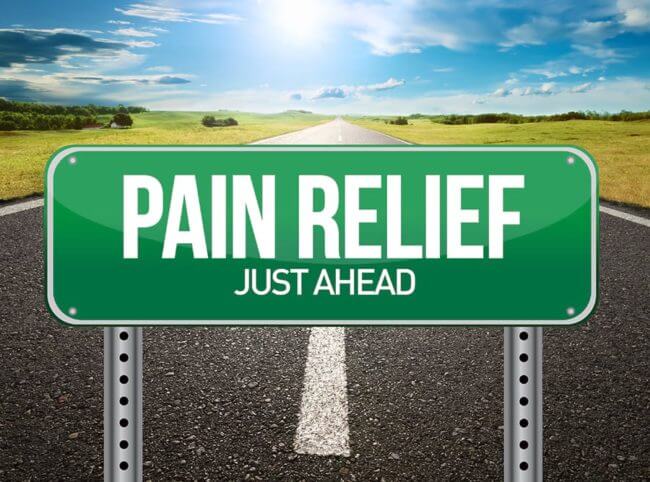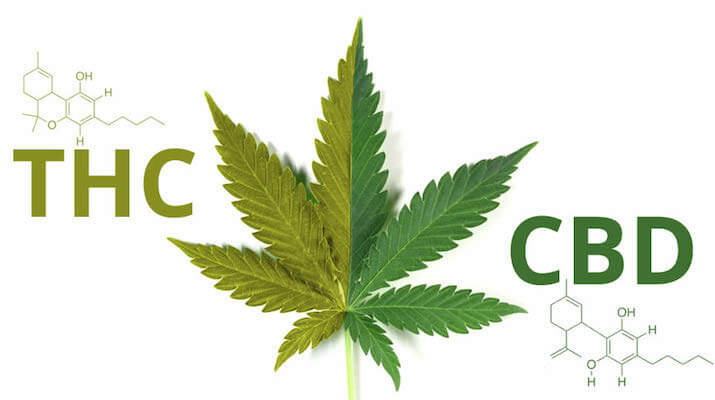In a backpacking hostel during a stag weekend 10 years ago, I fell asleep on a top bunk next to an open window. Of course, that now strikes me as a stupid thing to have done, but at the time I didn’t give it a thought. I was on a weekend away, not a health-and-safety awareness course. At some point during the night, I tried getting out of the bunk, but instead of turning left and using the ladder, I turned right and hopped straight out of the window. I fell 24ft on to concrete. From a survival point of view, I was lucky to land on my feet. The downside was that some rather important sections of my legs did not come out of it so well. Thankfully cannabis oil and CBD were there when I needed them.
My left heel was crushed, while over on the right, my tibia and fibula – the two long bones in the lower leg – detached from their couplings and shattered. The next few weeks involved operations, plates, screws and quite unimaginable levels of agony. At one point, I felt a kind of blinding calm, as though the pain had gone all the way up the scale and rung a bell at the top.
Life Changes So Fast

The effect on the pain has been profound. It comes as an oil that I put under my tongue whenever pain moves from a dull niggle to the kind that is difficult to ignore.
CBD oil has since been prescribed to an 11-year-old British boy suffering from epilepsy, in what is believed to be the first instance of a cannabis-derivative being prescribed on the NHS.
While research into the medical benefits of CBD oil is in its infancy, it is certainly encouraging. Recent reports suggest it could be a more useful anti-inflammatory than ibuprofen.
“There has been some early scientific evidence that CBD can help with inflammation,” says Dr Henry Fisher, of drug policy thinktank Volteface. “There is also a lot of anecdotal evidence that it helps people who do contact sports, because of the tendency to get inflamed joints. Taking other anti-inflammatories like ibuprofen on a long-term basis – as many sportspeople do – is not a good idea because of potential damage to your liver.”
It also has distinct advantages over opioid medicines, says Dr Fisher. “With cannabidiol, there is no evidence of any long-term negative impact, and no likelihood of addiction. And, of course, there are no known cases of anybody overdosing on CBD.”
Cannabis, a much better alternative than opioids

The comparison to prescription medicine is particularly pertinent for me. For several months after my accident, I took Oxycontin, a common opioid painkiller. It was very useful at that time because it gave me a warm fuzzy feeling, making everything seem okay. But after a while, I started waking up feeling groggy and crushed. So I decided to stop, and the withdrawal was horrendous. It was several days of indescribable misery, so bad that it made the pain from the injuries feel like a slightly over-zealous massage.
Everyone that uses it tells a similar story: they sleep better and feel less pain. While there are ongoing trials for CBD as a treatment for everything from multiple sclerosis to Parkinson’s disease, all I know is that for me it can make the difference being sitting on the sofa and being able to go training. I can now lift and carry my children without wincing.

